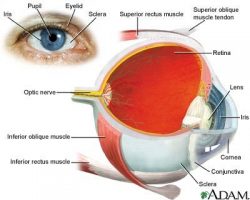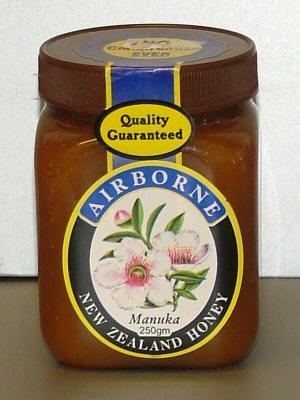Lutein has over the last few years become a very popular supplement and nutrient to improve vision or to actually stop and reduce cataracts. You can not only find Lutein in most multivitamins but also a lot of those green leafy veggies are high in Lutein as well.
Lutein for Better Eye Health

Lutein was found to be concentrated in the macula, a small area of the retina responsible for central vision. The hypothesis for the natural concentration is that lutein helps keep the eyes safe from oxidative stress and the high-energy photons of blue light. Various research studies have shown that a direct relationship exists between lutein intake and pigmentation in the eye
Several studies show that an increase in macula pigmentation decreases the risk for eye diseases such as age-related macular degeneration
A six year study by the National Eye Institute found that lutein and zeaxanthin (nutrients in eggs, spinach and other green vegetables) protect against blindness (macular degeneration), affecting 1.2 million Americans, mostly after age 65.
There is also epidemiological evidence that increasing lutein intake lowers the risk of cataract development.Consumption of more than 2.4 mg of lutein daily from foods and supplements was significantly correlated with reduced incidence of nuclear lens opacities, as revealed from data collected during a 13- to 15-year period in the Nutrition and Vision Project
One Strange Fact about Lutein
As I was researching about Lutein I found this really strange info about Lutein. Apparently it was traditionally used in chicken feed to provide the yellow color of broiler chicken skin. Consumers viewed yellow chicken skin more favorably than white chicken skin. Lutein also makes egg youlks a darker yellow color which I always though was great. This darker yellow is the really only reason for feed fortification in chickens now.
Sources of Lutein
As I mentioned earlier Lutein can be found in most multivitamins as well as those vitamins that are specifically made for better eye health.
There are also many vegetables that are high in this super nutrient including Kale, Spinach, Garden peas, Zucchini, Brussels sprouts, Pistachio nuts, Broccoli




